What information must a joint venture agreement contain when a Service Disabled Veteran Owned Small Business (SDVOSB) is involved? This protest was initiated by ECS, the next lowest bidder, who alleged that KRR partners did not satisfy the criteria for being a Service-Disabled Veteran-Owned Small Business Concern (SDVO SBC). KRR responded to the protest, demonstrating a copy of its joint venture agreement.
Joint Venture Terms Are Important
D/GC issued a determination sustaining ECS’s protest finding that ASD, which held a majority interest in KRR, was owned and controlled by a service disabled veteran and therefore qualified as an SDVO SBC. However, the D/GC took exception to the joint venture agreement, determining that it did not satisfy the requirements that a joint venture agreement “specify the responsibilities of the parties with regard to contract performance.” The joint venture agreement stated only that KRR would perform at least 15 percent of the contract, but did not specify the responsibilities of the individual parties with regard to how the contract would be performed.
Ensuring That SDVOSB'S Aren't Taken Advantage of
The D/GC noted that the rule is important to prevent non-SDVO SBCs from taking advantage of the “special opportunity that SDVO SBC joint ventures allow.” On appeal, KRR contended that the D/GC’s conclusion was arbitrary and unreasonable because the joint venture agreement “contained wording nearly identical to that used in the SBA’s own sample joint venture agreements.” KRR argued further that they relied upon the sample joint venture agreements found on the SBA’s website because they had never formed a joint venture in the past. KRR further argued that their joint venture agreement sufficiently specified the responsibilities of ASD and JE M, the members of the joint venture, but that the D/GC focused only on section 15.0 of the agreement. KRR dance that section 2.0 stated that an individual would oversee and manage the project in that section 6.0 related that JEM would furnish equipment and facilities. Another section of the joint venture agreement stated that ASD’s employees were afforded a right of first refusal in hiring.
In its appeal to the SBA, KRR posited that the SBA misunderstood the status of its own website because it posted the template agreements on www.SBA.gov. KRR further argued that it was not necessary that the joint venture agreement contain a separate section delineating each party’s responsibilities if it is conveyed elsewhere in the joint venture agreement.
Appeal Denied
In denying the appeal in affirming the D/GC’s determination, the SBA reasoned that regulations required “every joint venture agreement to perform an SDVO contract must contain a clause… Specifying the responsibilities of the parties with regard to contract performance.” 13 CFR §125.15 (b) (2) (IV). The OHA agreed with the SBA that KRR’s joint venture agreement did not satisfy the requirement and that it did not “even attempt to describe the respective responsibilities of the joint venture partners,” and therefore did not comply with the regulations. Regarding KRR’s argument that other sections of the joint venture agreement adequately described each party’s responsibilities, the OHA replied that the argument failed, because the provisions referred to did not demonstrate that ASD would provide labor for the contract, but rather give their employees' first right of refusal.
As to KRR’s argument that the SBA website sample agreements were misleading, the OHA found that while the SBA bore responsibility for information contained in its public website, KRR chose to rely on those templates, which were created for a different SBA program without seeking the necessary clarification as to whether these templates required modification. Also, the templates in question, according to the OHA, contain language requesting a description of the venturer’s responsibilities. Accordingly, the ALJ found that KRR should have been aware that “some description of the respective responsibilities of the venturers was expected, so as to demonstrate that the SDVO SBC member of the venture would be meaningfully involved in contract performance.” The ALJ denied KRR’s appeal and affirmed D/GC’s determination.
If you are a Veteran with a business and have a problem with a government contract or are thinking about a joint venture, please contact the experienced attorneys at Veterans Advocacy Law Group at (888) 680-9612 or complete an online contact form.

